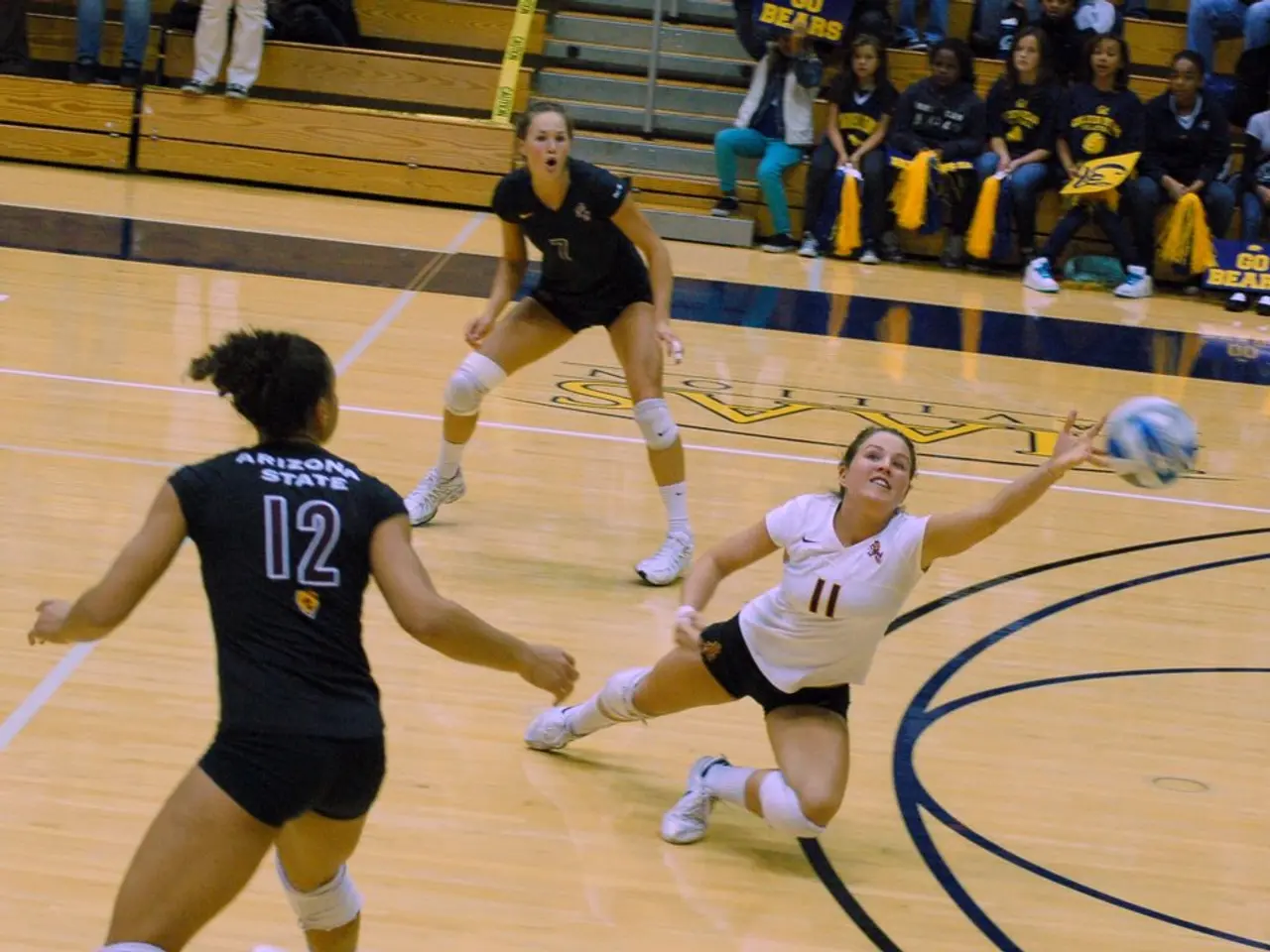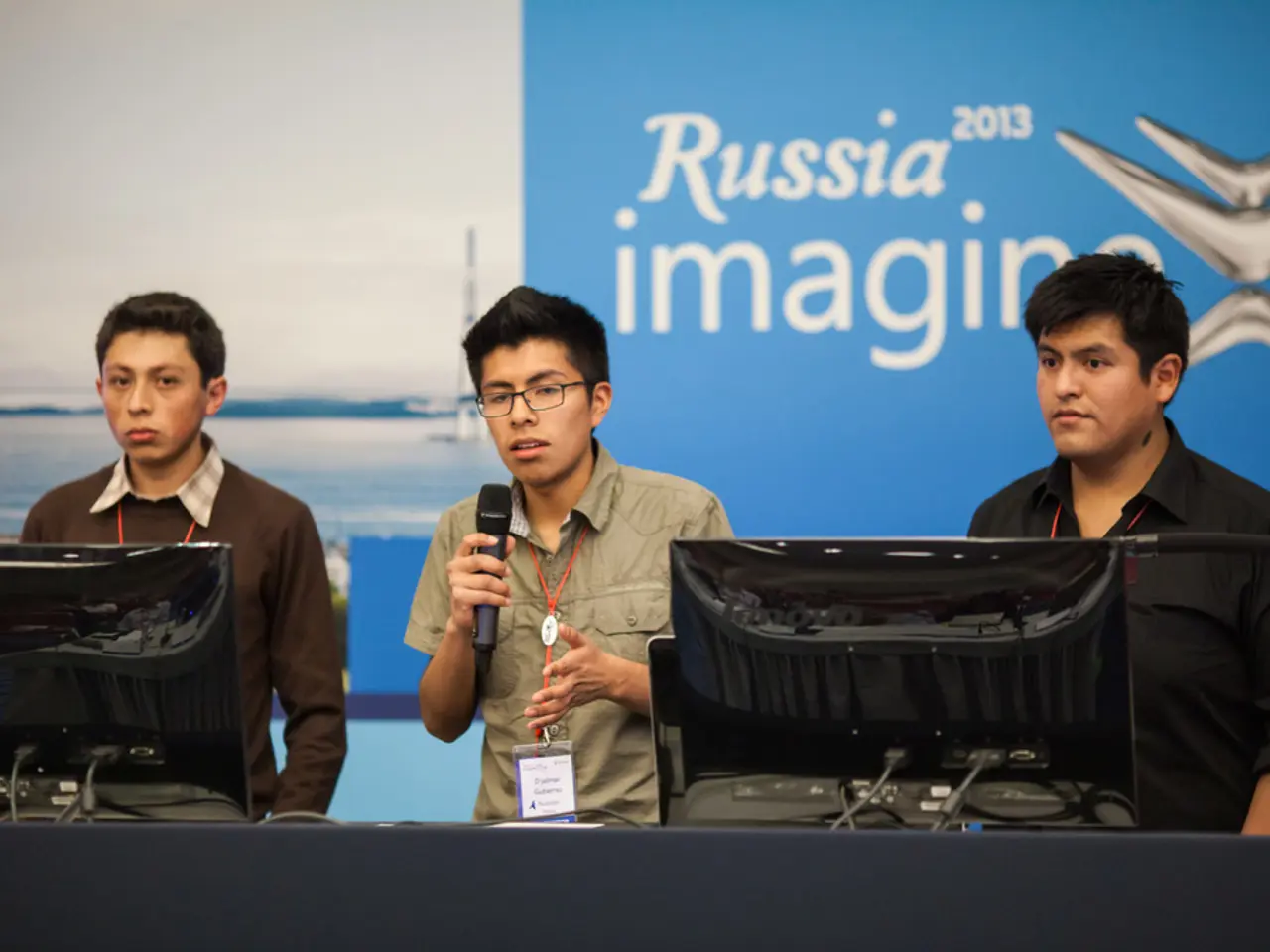Bremen Apply for Hosting UEFA EURO 2029 Tournament
Bremen's aim is clear: to secure a spot in the UEFA EURO Women's Championship 2029, a goal it's pursuing in partnership with the local Bremer Weser-Stadion GmbH. This ambitious plan was formalized with a submission to the German Football Association (DFB). The destination: Weser-Stadion, one of the eight potential German venues aiming to be chosen in the final selection.
A whopping 15 venues applied on time to serve as hosts for Germany's bid to host the 2029 women's European Championship. Bremen, among them, is participating in the national bidding process in line with the DFB's bid to host the tournament.
To bring this exciting event to Germany, the DFB must submit the preliminary application documents for hosting the UEFA Women's EURO 2029 to UEFA by March 12, 2025. The eventual host will be announced by the UEFA Executive Committee in December 2025.
Should Bremen make the cut, it's expected to bring a boost to the city, from direct economic value creation to long-term media visibility, all while strengthening Bremen's position as an attractive location for tourism, businesses, and international events. The city's bid stands on the grounds of its quality, the thriving women's football culture, and Bremen's reputation as an open-minded city with a knack for hosting major events.
Notable German cities competing for hosting rights include Berlin, Dortmund, Düsseldorf, Essen, Frankfurt, Gelsenkirchen, Hamburg, Hanover, Cologne, Leipzig, Munich, Rostock, Stuttgart, and Wolfsburg. The final selection of the eight potential German host cities will be announced in Jun 2025.
As an economic aspect, Bremen's bidding process will incur costs of around 85,000 euros, mostly for project management and legal consultations. However, the estimated financial burden if games are actually held in Bremen is 8.8 million euros.
If all goes well, the Weser-Stadion will be ready to provide a fantastic, peaceful, and family-friendly football summer, making Bremen an essential part of an exciting journey to promote women's football in Germany.
[1] Bremen's bid aligns with Germany's broader national bid aiming to provide an "additional boost" to women's football. It contributes to showcasing Germany's commitment to the development and popularization of women's football in multiple regions. Hosting a tournament would place Bremen on the international sports map, attracting global viewers and media attention, and would likely bring significant revenue to local businesses. The tournament’s slogan "Together WE Rise" promotes inclusivity, diversity, and the empowerment of women in sports and society. Potential cities were picked based on city mobility, infrastructure, and the number of spectators they could accommodate. While Bremen was among the initial applicants, the final German shortlist confirmed by the DFB in June 2025 did not include Bremen, indicating it may not have been selected for the final German bid dossier.
- Bremen's bid to host the 2029 UEFA Women's EURO aligns with Germany's broader national aim to provide an "additional boost" to women's football, contributing to the popularization and development of the sport across multiple regions.
- The Weser-Stadion, should Bremen secure a spot in the final selection, is expected to provide a peaceful, family-friendly football summer experience, potentially attracting global viewers, media attention, and significant revenue to local businesses.
- Bremen's participation in the German bidding process for the 2029 Women's European Championship, alongside other notable cities such as Berlin, Hamburg, Frankfurt, and Munich, signifies a collective aspiration to bring European-leagues sports analysis to the forefront of Germany's sports culture, with football at the helm.







